Personal and Corporate Insolvency
Being insolvent is being in a state of financial distress. This can apply to an individual or company and occurs when that entity is no longer able to meet the financial obligations that they have agreed upon with their lenders or creditors. In short, they cannot pay their bills.
Finding yourself in severe financial difficulty is alarming. It can have a detrimental impact on your life, and if not addressed can lead to a range of complicated and ongoing legal issues. Which is why it’s important to receive professional advice as early as possible, to explore the options available to you, and devise the best strategy for dealing with any difficulties you are experiencing.


Personal Insolvency is when someone has debts and financial commitments that they are not capable of repaying. In other words, their liabilities exceed their assets and their income.
It is important to distinguish between temporary financial issues, which may be quite straightforward to resolve, and a long-term disparity that cannot be easily addressed by budgetary adjustments. Bankruptcy is the most well-known, but there are often other less dramatic potential outcomes.
Insolvency law aims to balance the interests of your debtors and creditors while providing a structured process for dealing with the financial distress. As a combined practice of barristers and solicitors we can act for either debtors or creditors and we can be engaged in all stages of the insolvency process, from negotiating company voluntary arrangements, to administration and receivership, and liquidation stages.
Corporate Insolvency refers to a situation in which a company is unable to meet its financial obligations when they become due, often due to an inability to pay debts or manage cash flow. In essence, it occurs when a company’s liabilities exceed its assets or when it simply lacks sufficient liquidity to continue operations.
When a company becomes insolvent it must follow an insolvency procedure, such as administration or liquidation to resolve the issue. The goal is often to either restructure the business and continue operating or, in more severe cases, liquidate the company’s assets to repay creditors. Insolvency can lead to a number of legal and financial processes, depending on the jurisdiction and the nature of the company’s problems. Company directors are responsible for recognising when their company becomes insolvent, and they can be held legally responsible for continuing to trade whilst insolvent.

Financial difficulties can happen quicker than you think and can start with a crisis. As an example you might have an unexpected expense or overspend, or you might find that a customer is late paying. Maybe you lose a business contract, or a long standing client you depend on may suddenly change suppliers leaving you in difficulty.
Whatever the cause of the difficulties, Leverets’ team of barristers & solicitors can help you. We have been providing legal advice and assistance in insolvency matters and Company Directors’ Disqualification Act (CDDA) proceedings for over 30 years, acting for a variety of clients and businesses including leading insolvency practitioners appointed by HM Revenue and Customs (HMRC), The National Crime Agency (NCA), and the Pension Protection Fund (PPF).
Get in touch if you would like to discuss any related matter including, but not limited to the following:
|
|
|
Contact us for a discussion about your situation. Together we can explore your options and navigate the law effectively to protect your future.
